FOR YOUR HEALTH: What You Need To Know About Skin Cancer
Dr. Shen has come up with a non-invasive, inexpensive treatment for certain skin cancers.
(NAPSI)—If you or someone you care for is ever among the 5 million people diagnosed with basal cell or squamous cell carcinoma every year in the U.S., here are a few facts it would be healthy for you to know.
Skin Cancer Stats
1.Skin cancer is the most common type of cancer in the U.S.
2.Basal cell and squamous cell carcinoma account for 95% of all skin cancers.
3.Your risk increases with age.
Skin Cancer Signs
A change in your skin is the most common sign of skin cancer, advises the Centers for Disease Control and Prevention (CDC). This could be a new growth, a sore that doesn’t heal, or a change in a mole. If you notice any of these, see your dermatologist. Nearly all skin cancers can be treated effectively if they are found early.
Most skin cancers are caused by too much exposure to ultraviolet (UV) rays. UV rays come from the sun, tanning beds, and sunlamps. UV rays can damage skin cells.
Reduce Your Risk
It’s a good idea to protect your skin from UV rays from the sun, and from tanning beds and sunlamps advises the CDC. Here’s how:
• Stay in the shade when you go out all year round and regardless of the weather.
• Wear clothing that covers your arms and legs.
• Wear a hat with a wide brim to shade your face, head, ears, and neck.
• Wear sunglasses that wrap around and block both UVA and UVB rays.
• Use a broad spectrum sunscreen with a sun protection factor (SPF) of 15 or higher.
• Avoid Indoor Tanning. A tan does not indicate good health.
Types of Treatments
If, despite such precautions, you still develop skin cancer, there are several kinds of treatments that can remove or destroy basal cell skin cancers explains the CDC. These cancers very rarely spread to other parts of the body, although they can grow into nearby tissues if not treated. One of the most common is surgery. That, however, can leave scars and have other serious side effects.
In addition, radiation therapy, chemotherapy, photodynamic therapy, immunotherapy, and other drug therapy may be tried. Each has its benefits and drawbacks.
Special Treatment
Fortunately for many people, dermatologist Dr. John Shen has developed a non-surgical treatment for certain kinds of basal cell and squamous cell carcinoma of the skin. This non-invasive treatment is a combination topical therapy called “The Shen Cocktail,” applied to the cancerous area and closely monitored for six-weeks.
According to Dr. Shen, dermatologists in Australia, Europe, and the UK were using Imiquimod 5% Cream, sometimes with 5-Fluorouracil, to treat basal cell and squamous cell carcinoma.
He was inspired to add Tretinoin 0.1% Cream to the combination to peel off the top layer of skin so the other ingredients could signal the body’s immune response to attack the cancerous and precancerous skin cells.
Researchers have found “The Shen Cocktail” to have a 99% cure rate in people with basal and squamous cell carcinoma of the skin less than 2cm in width, another reason it’s important to get the disease dealt with as soon as possible.
Learn More
To treat as many people as possible and keep costs of treatment low, The Shen Cocktail is not trademarked or patented. To learn further facts, see videos or read academic papers about the treatment and to find out whether you may be eligible for the Shen Cocktail, go to www.shendermatology.com or call Shen Dermatology at (951) 526-2044.


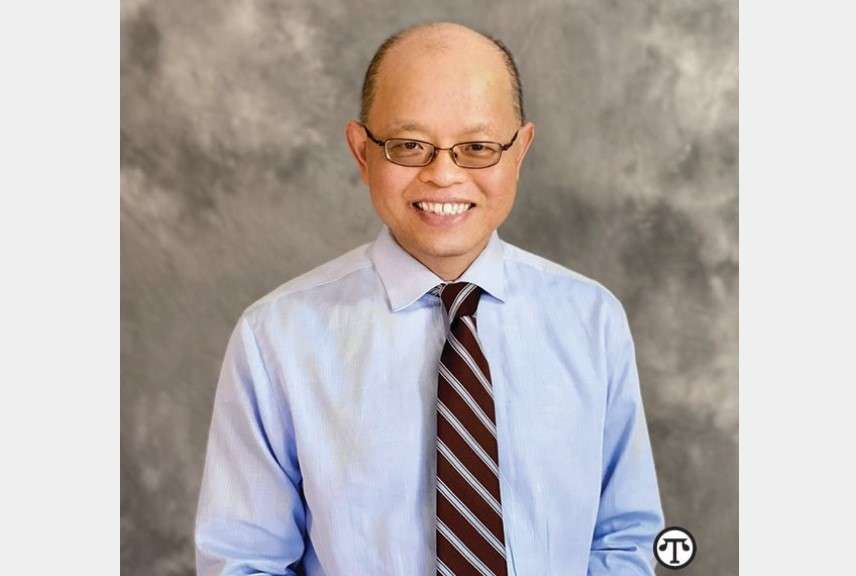
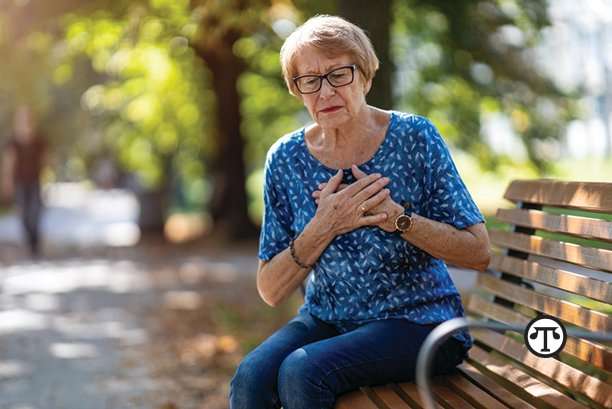
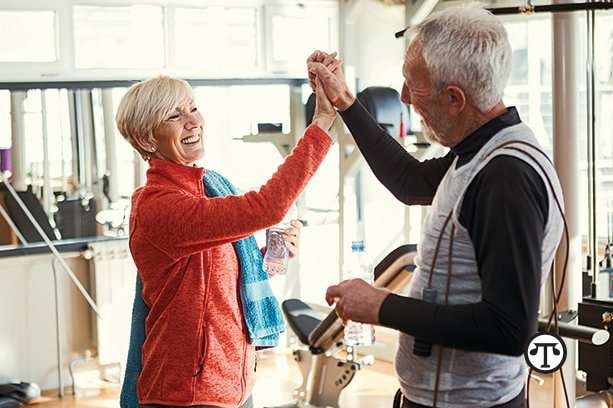
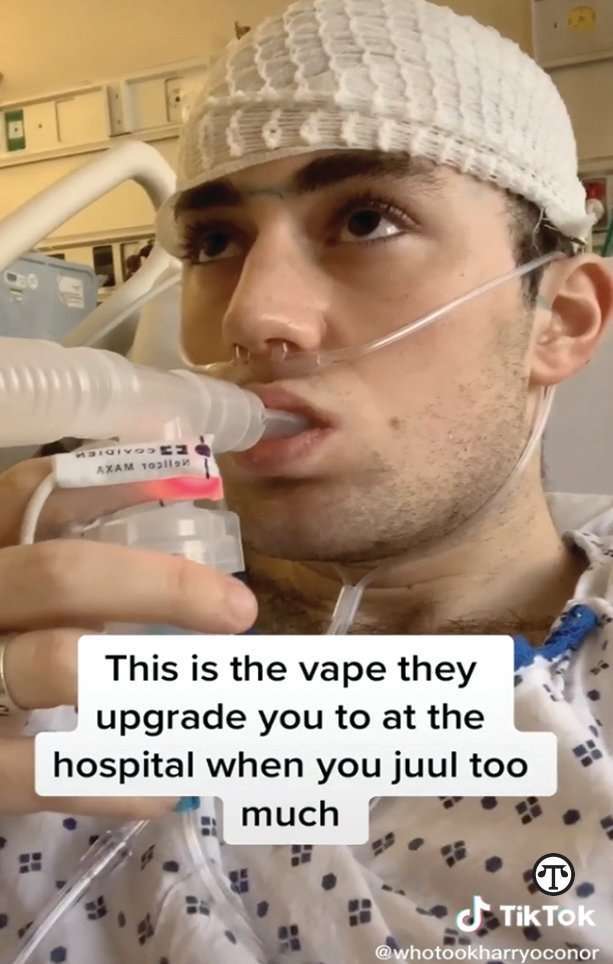


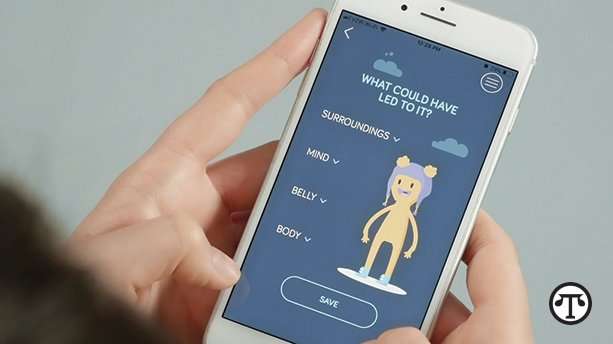 (NAPSI)—Migraine can happen to anyone, even children and teens. About ten percent of kids aged 5 to 15 experience migraine.
(NAPSI)—Migraine can happen to anyone, even children and teens. About ten percent of kids aged 5 to 15 experience migraine. (NAPSI)—You may never have thought about it much, but your liver is essential to your life. It’s the largest solid internal organ and performs so many vital functions, including filtering toxins from your blood, producing bile so you can digest fat, storing sugar for energy, and more.
(NAPSI)—You may never have thought about it much, but your liver is essential to your life. It’s the largest solid internal organ and performs so many vital functions, including filtering toxins from your blood, producing bile so you can digest fat, storing sugar for energy, and more. As you get older, your body can become more susceptible to chronic diseases, so it can be helpful to eat a healthy diet filled with essential nutrients. If you’re looking for an easy yet impactful way to be proactive in your health journey, try introducing seafood into your diet. By simply eating eight ounces or two servings of seafood a week, you may experience a multitude of health benefits that can contribute positively to your overall well-being. Here are some reasons why you should consider seafood for your next meal and several health benefits you may experience by incorporating it into your diet.
As you get older, your body can become more susceptible to chronic diseases, so it can be helpful to eat a healthy diet filled with essential nutrients. If you’re looking for an easy yet impactful way to be proactive in your health journey, try introducing seafood into your diet. By simply eating eight ounces or two servings of seafood a week, you may experience a multitude of health benefits that can contribute positively to your overall well-being. Here are some reasons why you should consider seafood for your next meal and several health benefits you may experience by incorporating it into your diet.